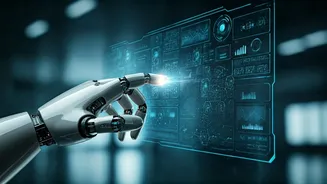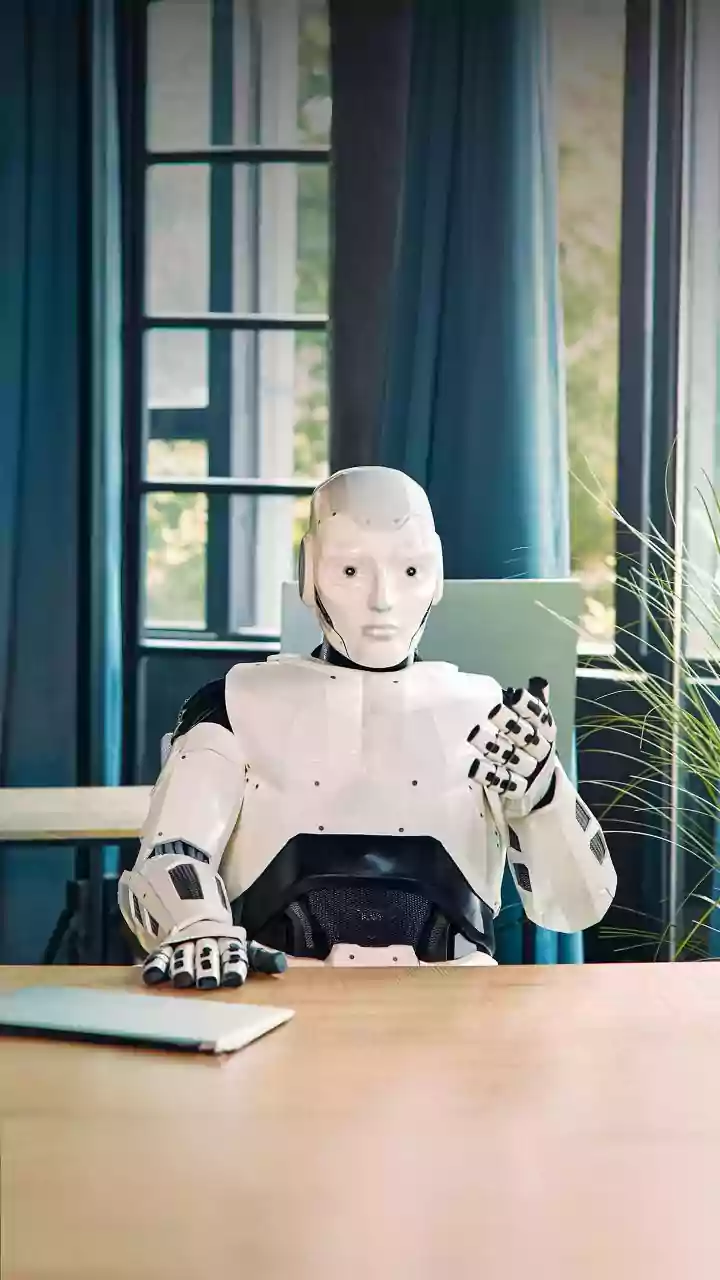Claude's New Abilities
Anthropic's 'Skills for Claude' represents a significant step forward in the company's efforts to enhance its AI assistant's capabilities. This new feature
enables Claude to perform actions and interact with external tools and services, expanding its usability beyond simple text-based responses. Users can now assign Claude specific tasks, such as web searching, accessing databases, or even managing workflows. For instance, Claude could be instructed to gather information from the internet, summarize it, and then integrate the findings into a report. Furthermore, these skills are designed to improve Claude's ability to handle complex problems by allowing it to decompose tasks into smaller, manageable steps, and by using the right tools at each stage. This modular approach makes the system more flexible and adaptable to different user needs, opening up a wider range of applications, from research to content creation. This development positions Claude as a more versatile and efficient tool in various professional and personal contexts.
Enhanced User Interaction
The introduction of skills impacts how users interact with Claude, making the experience more dynamic and interactive. Rather than simply querying the AI, users can now give instructions that prompt Claude to actively perform tasks. The skill system supports a flexible approach to user input, allowing for a variety of requests. For example, a user could provide a complex prompt such as, “Find the latest research papers on climate change, summarize their key findings, and create a presentation with visual aids.” The skills would then enable Claude to execute these actions. The AI assistant can utilize its skills to autonomously research, analyze information, and present the results in a user-friendly format. This transformation makes interactions more intuitive and less reliant on the user’s need to navigate the complexities of data gathering and processing. The enhancement also allows for more personalized interactions, as Claude can learn from each use. It analyzes patterns in user requests to refine its task execution strategies, leading to greater efficiency and accuracy.
Applications and Potential
The applications of 'Skills for Claude' are varied and significant. In professional environments, the AI assistant can streamline workflows, automate data analysis, and assist in project management. Researchers can utilize Claude to quickly gather and synthesize information from various sources, accelerating the discovery process. Content creators can leverage its abilities to generate initial drafts, brainstorm ideas, and refine their work. In the realm of customer service, Claude can handle a variety of inquiries by accessing databases and delivering precise, contextually relevant responses. Furthermore, the new skills empower developers to build new applications by integrating Claude’s capabilities into existing systems or creating standalone tools. Its potential extends to education, where Claude can act as a personalized tutor, adapting its teaching style to the individual needs of students. The wide range of potential applications underscores the transformative nature of these new features and positions Claude as a powerful tool in numerous fields.
Impact on AI Landscape
The introduction of skills for Claude potentially shifts the AI landscape. It emphasizes the trend toward more capable and versatile AI assistants, as opposed to mere chatbots. These new features encourage the integration of AI into more complex tasks, promoting a future where AI systems can perform meaningful actions on behalf of the user. This approach may accelerate the adoption of AI across various sectors, leading to increased productivity and efficiency gains. Competitors in the AI field will be pressured to innovate and match the abilities of Claude, resulting in an overall improvement in the sophistication and accessibility of AI tools. Moreover, by allowing AI agents to interact with the world, the skills for Claude facilitate more seamless interactions between AI and users. This progress hints at a future where AI assistants become more integrated into daily workflows, performing routine tasks automatically and allowing users to focus on higher-level activities. The changes brought about by the introduction of these skills will likely influence the future of the technology industry, the way we work, and the kinds of products and services that are available.










![[WATCH] 'Real Madrid, Ramadan and rest' - Mohammed Siraj how last-minute World Cup call-up changed February plan](https://g-mob.glance-cdn.com/public/fc/image/ByYT_LEmlrD0.webp)











